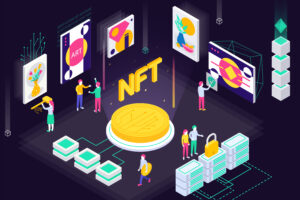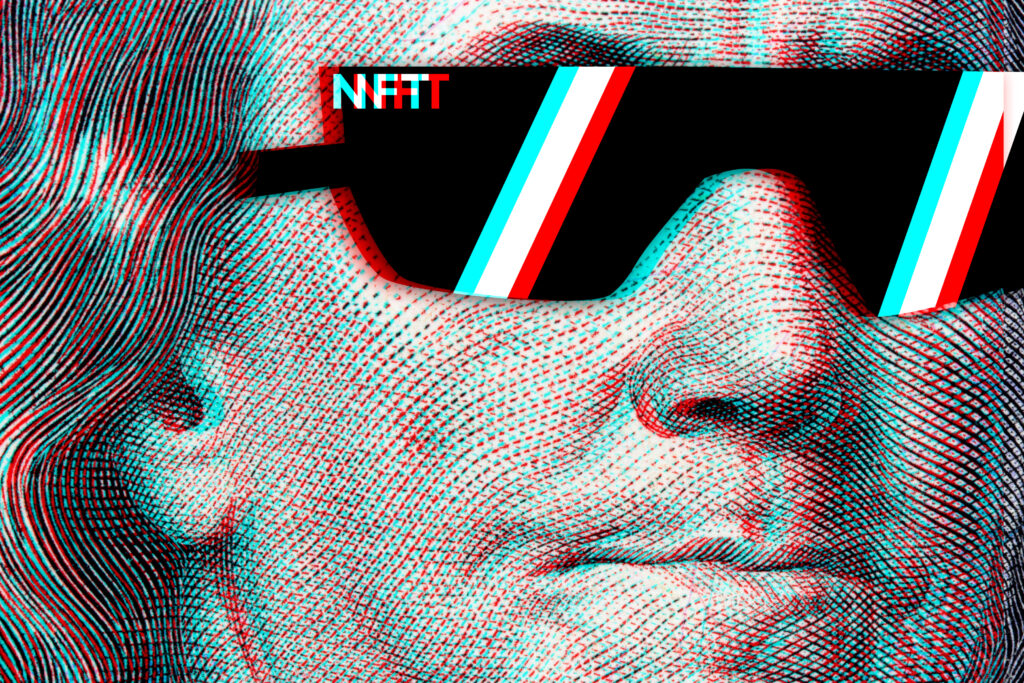
With each new day, there seems to be another discovery when it comes to cryptocurrency and blockchain technology. What we once thought of as a mere system for creating bitcoin has become the hottest topic in town. From fixing issues with the supply chain to revolutionizing the financial and medical worlds, there’s no end to the blockchain’s capabilities.
It’s kind of like the app store. Apple created a life-changing technology and then opened it up to a world of creative genius coming from different places. Now our smartphones can be used for everything from measuring our heart rate to monitoring our babies. And the same is happening with the blockchain.
With around a dozen ICOs appearing each day, we’re starting to see some incredibly creative ideas. Whether they’ll go the distance or not is another question. With 90 percent of apps deleted or unused after one month, ICOs also face some pretty tough competition–and a few stumbling blocks when it comes to taking their ideas off paper. So, let’s take a look at some ways of making cryptocurrency more usable.
Removing the Need to Convert Cryptocurrency to Fiat
Zeex (a sister company of Zeek group gift cards) has come up with an interesting idea. One of the greatest challenges with buying crypto right now comes when you want to spend it. Not every store accepts bitcoin and the cost of converting to fiat can be unattractively high. That’s why Zeex is currently launching a protocol that will provide the ability for cryptocurrency holders to purchase items and services without the need for fiat conversion.
Guy Melamed, Zeex CEO & Co-Founder, explains, “Zeex targets one of crypto’s biggest problems and enables the growing audience of crypto holders to buy at major brands without the need to convert to fiat and with no fees.”
Gift cards is already big business. In fact, the global gift cards market reached $679,743 million in 2016, and is set to value some $3,003,320 million by 2023. Zeek is already an established VC backed startup with more than 300K customers, who use the company’s app and marketplace as a way to trade store credit they don’t want or need. That includes credit notes, gift vouchers, gift cards and e-vouchers.
Working with All Major Retailers
Powered by Zeek’s gift card platform that works with 350+ merchants, including Amazon, Foot Locker, and Starbucks, Zeex users will be able to make purchases using cryptocurrency. They can shop on Amazon using digital cash without the need for a traditional-crypto money conversion. There are no additional fees and it’s a simple, private, and secure procedure.
Through their platform, Zeex aims to connect the booming gift card market with the massive need for liquidity options in the crypto market. Pretty creative idea. How did they come up with something like that?
Melamed says, “We needed to find a creative payment method that would:
- Leave the traditional thinking and skip conversion to fiat altogether.
- Avoid centralization and make sure no middleman can manipulate or stop the platform
By using the rails of virtual gift cards and placing a complete off-chain product on the blockchain, we managed to do just that and create a simple way for crypto holders to buy at the biggest brands, even if they don’t accept crypto.”
Combatting Crypto’s Infamous Volatility
Beyond converting crypto to fiat, another problem with cryptocurrency is that it’s incredibly sensitive to price fluctuation. How do you pay for goods that value $10 one day, $150 the next, and $1.50 a week later?
We’re starting to see the emergence of companies providing a solution to this problem. UbiquiCoin has emerged as one of the first decentralized currencies to take a two-coin approach to allow for crypto to be widely used. On the one side, they have a transaction coin at a stable rate that merchants everywhere could rely on. On the other, an investment coin that functions as their investment vehicle.
Unlike Bitcoin and other popular coins, UbiquiCoin is designed to be used for making daily purchases. From coffee and groceries to paying utility bills, it’s exempt from price volatility.
We’re yet to discover just how extraordinary cryptocurrency and the blockchain will be in our lives. The technology is still in its infancy and experiencing some teething trouble. With companies like Zeex and UbiquiCoin smoothing out the problems, we could soon be able to use cryptocurrency more widely.
















certainly like your web-site however you need to check the
spelling on several of your posts. Many of them
are rife with spelling problems and I to find it very
bothersome to inform the reality then again I’ll
surely come again again.
It’s hard to find educated people about this subject, however, you sound like you know what you’re talking about!
Thanks
You actually make it seem really easy with your presentation however I find this matter to be really one thing that I feel I might by no means understand.
It kind of feels too complicated and extremely huge for me.
I am having a look forward in your subsequent publish, I will attempt to
get the grasp of it!
I read this piece of writing completely about the comparison of latest
and preceding technologies, it’s awesome article.